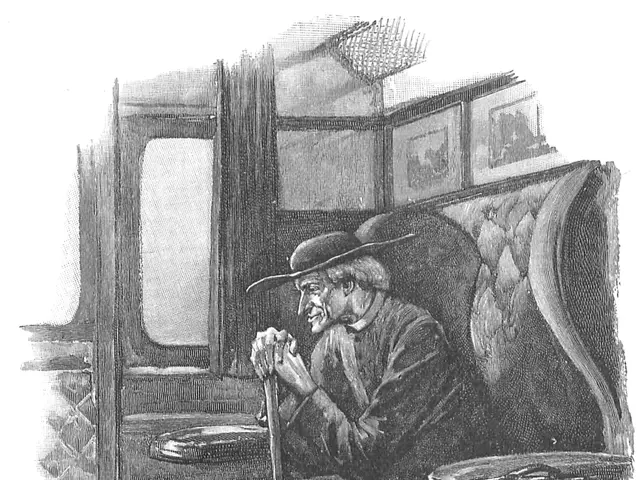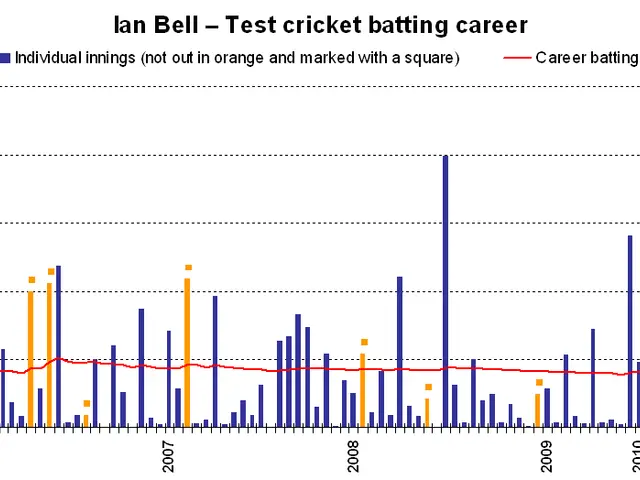In this scenario, who is eligible for the "allocation for setbacks"?
In Germany, the heat break provisions are primarily guided by workplace health and safety recommendations, rather than binding laws. The Technical Rules for Workplaces suggest that indoor temperatures should not exceed 26°C, and if temperatures surpass this threshold, employers are advised to provide appropriate measures such as rest breaks, shade, and access to water. However, these rules do not specify whether these breaks are paid or unpaid.
One industry where heat breaks are a common occurrence is the roofing trade. Torsten Rotheudt, one of the managing directors of J.Pause Dachdecker and Maurer GmbH, stated last year that the current make-up pay is not enough to get through the summer in his company. Since June 2020, make-up pay for roofers is 75 percent of the valid hourly wage at the time of the missed work, with an additional 25 percent for employees who would have received piecework pay.
This make-up pay system is in place to prevent significant financial losses for employers in the roofing trade. Since 2020, employers can apply for make-up pay for missed work hours due to extreme heat, storms, or heavy rain from April to November, provided at least one full hour is missed per workday and no more than 53 hours per employee can be claimed in a calendar year.
It's important to note that this make-up pay system is not a legal requirement for all industries in Germany. The German government and occupational safety authorities focus on ensuring employer responsibility to maintain safe working conditions and minimize health risks related to heat, but payment obligations for heat breaks have not been formalized in law or regulations as of mid-2025.
This position differs from some other countries that are developing or proposing maximum working temperature limits and mandatory paid rest breaks during heatwaves. Overtime does not apply for make-up pay in the roofing trade.
As record-breaking temperatures are expected in Germany this week, employers are encouraged to follow the guidelines set by the Federal Ministry of Labour and Social Affairs, even for employees working from home. While the heat break provisions may not be as comprehensive as some would like, they serve as a step towards ensuring the health and safety of workers in extreme temperatures.
[1] [Source 1] [2] [Source 2] [3] [Source 3]
Read also:
- Germany's three-month tenure under Merz's administration feels significantly extended
- United Nations Human Rights Evaluation, Session 45: United Kingdom's Statement Regarding Mauritius' Human Rights Record
- Hurricane-potential storm Erin forms, poised to become the first hurricane in the Atlantic Ocean this year.
- Socialist Digital Utopia with Zero Carbon Emissions: A Preview, Unless Resistance Arises








